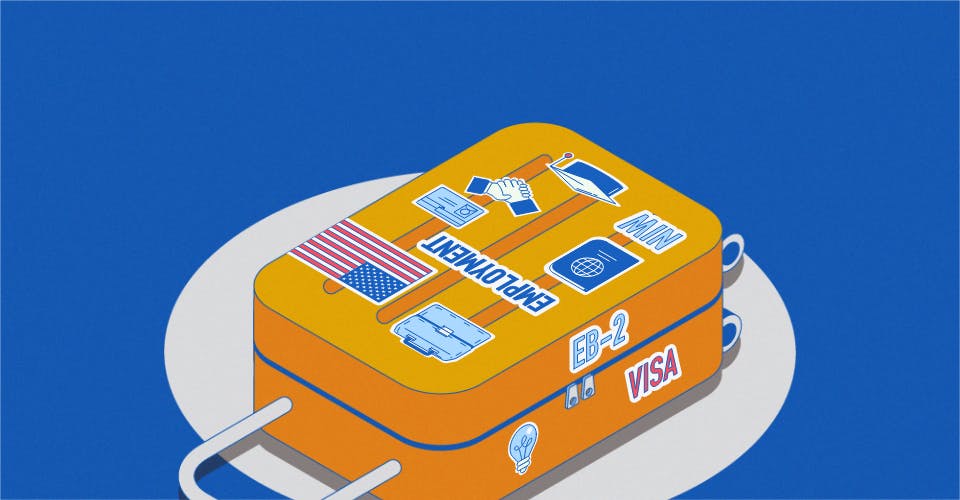While the national interest waiver remains a popular category for foreign nationals and those who already residing in the United States, the choice to apply for a NIW needs to be carefully weighed. This is because while you might be an advanced degree holder with significant experience in your field, it doesn’t necessarily mean that you will be able to convince the USCIS that your proposed endeavor is in the national interest. This blog will be dedicated to understanding the candidacy for a NIW, or if the applicant should rather apply for an EB-2 visa instead.
If you do a quick Google search for the EB-2 visa, you might be confused by the search results you’re generating. This is because the keyword selection is so often tied to the National Interest Waiver (NIW). But there is a difference between the two and they are not synonymous. For one, the EB-2 is an actual employment based visa category regardless of the national interest waiver. It stands for any Second Preference visa applicant who can satisfy the requirements of this category. The requirements for an EB-2A are generally:
- An applicant holding an advanced degree in the arts or sciences (Masters degree or higher).
- Having an approved I-140 petition from a verified employer.
- Evidence of your diploma and/or other certifications/licenses.
- DOL Labor Certification.
Comparing the Two
In general, the NIW application processes faster than the EB-2 visa. But this isn’t a legitimate reason to choose one over the other. For example, if you don’t have a job offer in the U.S., but you are a J-1 PhD candidate, you should seek to find an employer full time and should also know that you can spend your year in Optional Practical Training looking for an employer to sponsor your visa full time before you have to depart the United States. Applicants who are considering the NIW should also know that they should not pursue a NIW on a hunch. If the applicant truly believes their line of work is in the national interest, they should seek a NIW. Otherwise, they should simply seek an EB-2 visa.
EB-2 Advantages: Less scrutiny from USCIS officers. Easier to have an I-140 approved by a real company/employer instead of trying to prove a self-petition NIW.
EB-2 Disadvantages: Long processing time. If you are trying to obtain an EB-2 visa, the average processing time is 18 months. Keep in mind this is the processing time for applicants who are not Chinese or Indian citizens (as their wait-times are even longer due to USCIS backlogs for citizens in this category).
EB-2 NIW Advantages: You don’t have to worry about finding an employer to file the I-140, as you will go through this process yourself. Shorter processing time.
EB-2 NIW Disadvantages: The chances of receiving an RFE or rejection on your NIW are fairly high. The NIW is difficult to prove and you may need to hire an experienced immigration attorney which increases the cost of this application. In addition, putting all of your supplementary documents into one application package will be an extensive process.
In general, you can find any processing time for any USCIS application via the website’s eProcessing time page: https://egov.uscis.gov/processing-times/
What if you have Dependents?
Another critical issue that should be mentioned in deciding whether you should apply for an EB-2, or try to convince the USCIS that admitting you is in the national interest is whether your children will be accompanying you to the U.S. If you are waiting in line for am EB-2 visa and you are from India, your children might age out of the “child” or dependent category before your visa is approved because the wait list is so long. In other words the child would reach the age of 21 and then would have to figure out their own means of securing a green card.
If you are a national from a country other than mainland China or India, it is feasible that your wait time wont be incredibly long when filing for an EB-2 visa, and so if you have dependents who are teenagers, it is likely that you will have your visa approved before the children are 21, in which case they will also be able immigrate to the U.S. and file an I-485 application.
In both cases, for EB-2 applicants and EB-2 NIW applicants, any spouse or child dependent will be able to file with the USCIS for a green card granted the principal applicants case is approved. Still, applicants should be aware of the aging out predicament as it is still an important piece of U.S. immigration law.














